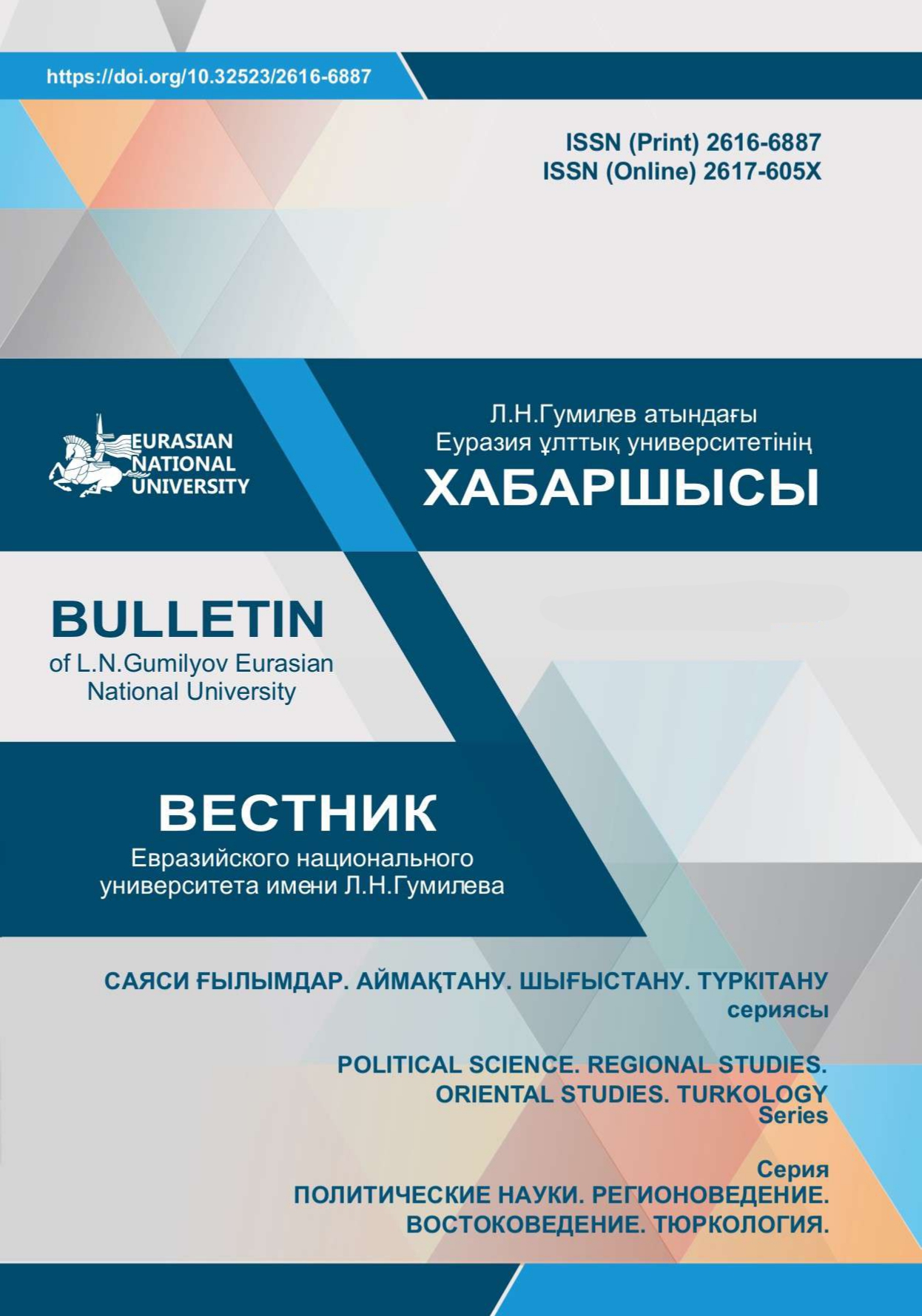Parameters and prospects for the involvement of the European Union in resolving the Myanmar crisis
Views: 145 / PDF downloads: 103
Keywords:
EU, genocide, Rohingya, Myanmar, sanctions,democracy.Abstract
The Rohingya people's issue in Myanmar is one of the most pressing topics in the world today. Myanmar has historically had a problem with religion and interethnic strife. The Rohingya dispute, a Muslim ethnic minority living in Rakhine State's north, is the country's largest and longest-running conflict. The violence erupted primarily because ofreligious and socioeconomic divisions between Arakanese Buddhists and Rohingya Muslims, who make up most of theRakhine State's population. This conflict goes back to World War II, and violent battles have occurred in Rakhine State on a regular basis since then, with the goal of driving the Rohingya out of Myanmar. At the end of August 2017, when the conflict reached a new level of escalation, hundreds of thousands of Rohingya were forced to flee neighboringstates, fleeing violence directed against them.The international community, in particular the EU, criticized the Government of Myanmar for failing to take adequate actions and effective measures to resolve the conflict. However, the EU's actions in relation to the genocide in Myanmar have also come under criticism. In this regard, the author of this articlewill seek to uncover the involvement of the EU in the Rohingya people's situation in Myanmar, as well as the effectiveness of the EU's measures.
Downloads
Published
How to Cite
Issue
Section
License

This work is licensed under a Creative Commons Attribution-NonCommercial-NoDerivatives 4.0 International License.







